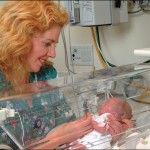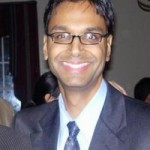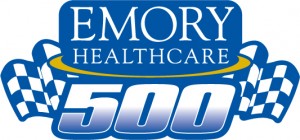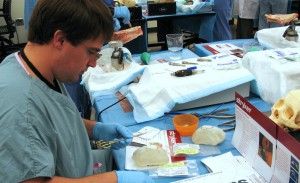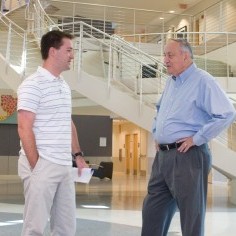A partnership of more than 40 universities, the Consortium of Universities for Global Health held its second annual meeting at the University of Washington in Seattle this week, with a wide range of presentations centered on the theme Transforming Global Health: The Interdisciplinary Power of Universities. Emory Global Health Institute presentations ranged from neglected tropical diseases to autism in Chinese populations to changes in medical school curricula.
Emory’s Carlos Franco Paredes, MD, MPH, associate professor of medicine (infectious disease) talked about a troublesome global health issue—one that hits close to home—the effect of neglected tropical diseases in the immigrant and refugee communities living in Atlanta. Neglected tropical diseases are disabling, disfiguring, and deadly diseases impacting more than one billion people worldwide, says Paredes. Atlanta’s immigrant populations show a high prevalence of intestinal parasitic infections, schistosomiasis, strongyloidiasis, and hepatitis B.
Meanwhile, Joseph Cubells, MD, associate professor of human genetics at Emory, shared his experience with the Mandarin Chinese Autism Spectrum Screening Questionnaire in urban Mandarin Chinese-speaking communities. Cubells says large-scale, community-based studies of autism spectrum disorders require effective tools for screening potential cases. So, to meet the need for such tools in Chinese populations, he and his colleagues translated and back-translated The Autism Spectrum Screening Questionnaire, a 27-item parental checklist originally published in English.
And what about incorporating global health education into the medical curriculum as a way of transforming universities’ role in advancing global health? Emory’s Henry Blumberg, MD, professor of infectious disease and his colleagues have done just that. Now, global health is a part of Emory’s innovative new medical curriculum, which was launched in 2007. After all, global health is becoming ever more important to the world at large, garnering more interest from future physicians.




